Entertainment
Showmax Brings A New Telenovela To The Screens Featuring Ian Mbugua
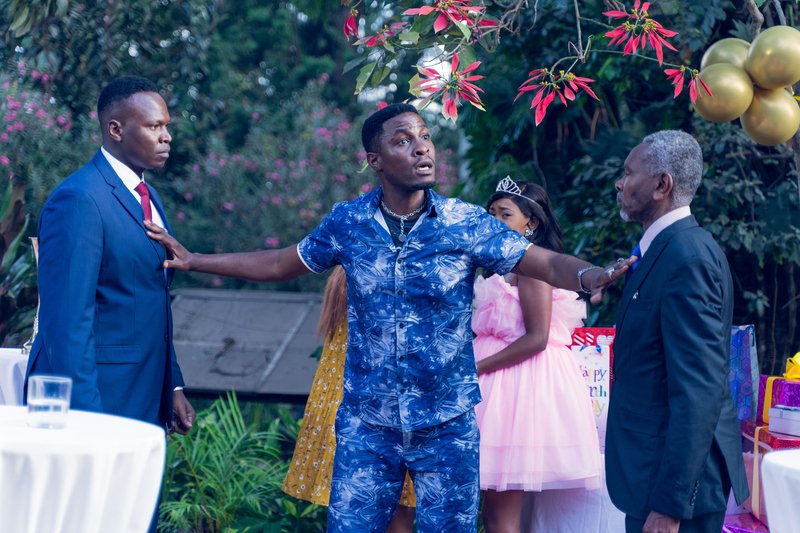

The first Showmax Original telenovela in Kenya, titled ‘Second Family’ is now streaming.
The first episode introduces us to Ian Mbugua’s (Single Kiasi) complicated world as Leo Lang’at, a billionaire whose secrets catch up with him after his untimely death, pitting his two families against one another in a battle for wealth, power and revenge.
On one side is his legitimate family, the city-dwelling wealthy Gatehis, led by the matriarch Evangeline. Measured, calculating, classy but ruthless when crossed, Evangeline is played by Dora Nyaboke (Single Kiasi, Crime and Justice) in her first ever lead role.
On the other side, tucked away in their decent Uasin Gishu home are the Lang’ats, Leo’s second family from whom the young Sinde (newcomer Vanessa Okeyo) rises to challenge Evangeline as they both fight for the control of Leo’s empire.
Second Family also stars Brian Ogola (Disconnect 2), Helen Keli (Selina), Nick Ndeda (18 Hours), Stephanie Muchiri (Paa), Serah Wanjiru (Sincerely Daisy), Arabron Nyyneque (40 Sticks), Mumbi Maina (The Matrix Resurrections), Brian Abajah (Single Kiasi), Lewis Leshan (Crime and Justice), Ella Maina (Sincerely Daisy), Florence Nduta (Chaguo), Charles J. Ouda (Pepeta), Mary Mwikali (Market Price), and Eve Jackson (Mpakani).
Written by Mkamzee Mwatela (Mali) and Anette Shadeya (Country Queen), Second Family is helmed by Adam Neutzsky-Wulff and Edwin Kamau, who both directed the Kalasha-nominated police procedural series Crime and Justice, the first-ever Showmax Original title in Kenya.
Second Family is the first Showmax Original telenovela in Kenya, and the streamer’s third Original telenovela in Africa, building on the success of South Africa’s award-winning, record-breaking The Wife – inspired by Dudu Busani-Dube’s bestselling novels Hlomu The Wife (Season 1), Zandile the Resolute (Season 2) and Naledi, His Love; and Nigeria’s Wura.
Editorial
World Book and Copyright Day: Read, Become a Better You
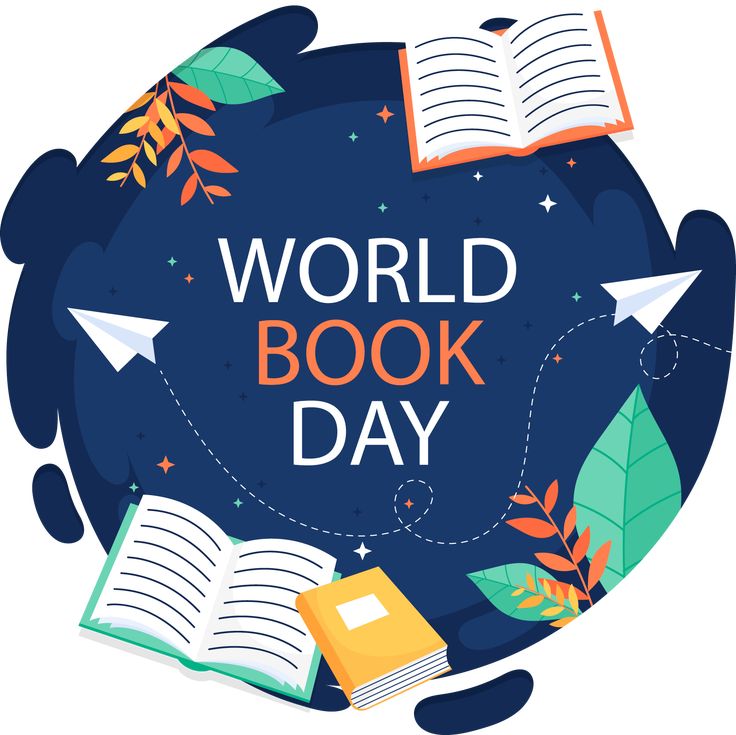

The question often is, are you a reader? But the even bigger question is, why aren’t you a reader? Finding the time to sit down with a good book can seem like an impossible luxury with adulting and capitalism on the win. However, as we celebrate World Book and Copyright Day, it’s essential to reflect on the importance of reading and why it should be an integral part of your life. But, beyond that, we also spotlight Qwani, a foundation dedicated to promoting readership and providing a platform for young writers to get published, as it plays a crucial role in cultivating a reading culture among people.
Reading is not just about words on a page; it’s about expanding our horizons, exploring new worlds, and gaining valuable insights into the human experience. In a world where distractions are plentiful, books offer a sanctuary, a place where we can immerse ourselves in stories, ideas, and perspectives that enrich our lives. Lessons without unfortunately learning through experience.
One of the significant benefits of reading is that it enhances our emotional intelligence. Do you ever talk to someone who simply struggles to express their emotions? People who struggle with understanding your emotions? That’s how showy it is when you don’t read. When we read, we are exposed to a vast array of emotions, and we learn to understand and empathize with different perspectives. Books are the windows to the human soul. They enable us to experience emotions and situations that we may not encounter in our daily lives, thus increasing our emotional intelligence.
My biggest red flag in people is a lack of empathy, run away from people who are not empathetic. Reading is a gateway to empathy. When we read, we step into the shoes of characters from diverse backgrounds, cultures, and experiences. We learn to see the world through their eyes, fostering empathy and understanding. Through books, we can walk in someone else’s shoes, experiencing their joys, sorrows, and struggles. This fosters empathy, compassion, and a deeper understanding of the world around us.
But, if your excuse for not reading is volume and attention span, consider anthologies like Qwani. Keith Ang’ana addresses this by saying, “…but it is exactly that matter which we’re using to curate the book.”(talking about short attention spans) Qwani’s approach is to provide a diverse range of content, including stories as short as one page long and others as long as eleven pages. “One can, slowly by slowly, start by reading the shorter stories, and then, progressively, get to the longer stories, as they build up their reading capacity,” Keith Ang’ana suggests.
Qwani addresses this by providing a diverse array of content, all under one roof. “We have Poetry, we have Short Stories, we have Philosophy, we have Science, we have Sheng stories, and we also have reviews about Film and Music,” Keith Ang’ana explains. “Furthermore, they are spread out in the book, such that, at no point in time will you cross over from one piece to another both of the same genre or same theme. This, then, helps in making it colourful and diverse, alleviating the initial boredom that encumbers people from reading longer works.”
For anyone trying to get back to reading books, I suggest anthologies like Qwani
As we celebrate World Book and Copyright Day, let’s remember the immense value of reading. Through books, we can expand our horizons, cultivate empathy, and sharpen our minds. If you are writer, please continue to paint the world with your words, and for the readers, may we always find solace in books. With initiatives like Qwani, we have the opportunity not only to enjoy the benefits of reading but also to contribute to a culture of readership that enriches lives and communities. “Qwani is a foundation pushing for more readership by providing young writers with a platform to get published. We’re also aiming to cultivate a reading culture among people,” Keith Ang’ana concludes. And I am happy to watch Qwani soar and achieve this dream.
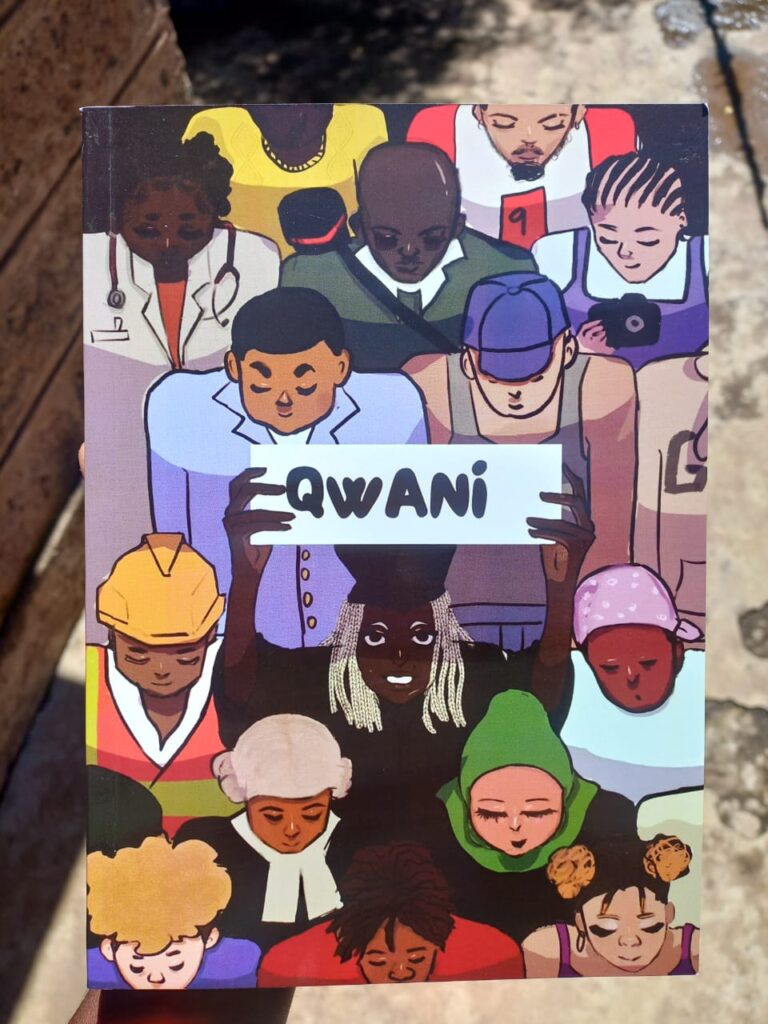

Qwani-ni hauna copy? Grab yourself the second edition of Qwani’s anthology here.
Editorial
When Was The Last Time You Cried?
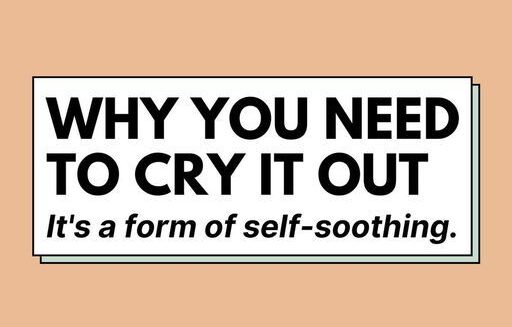

In a world where everything is moving so fast, there’s something incredibly liberating about letting ourselves cry. Creating time to take deep breaths and cry. It doesn’t have to be a wail or a scream, just a sigh that lets you breathe. It’s a powerful and natural expression of our emotions that plays a crucial role in our mental and emotional well-being. So, grab a tissue, cosy up, and let’s explore why it’s important to embrace those tears.
Someone said to me; that when you do not cry, other parts of you weep. And I thought about it a lot. When we stifle our tears and suppress our feelings, they don’t simply disappear; instead, they seep into the depths of our being, creating a reservoir of unexpressed pain and sorrow. This silent cry of the soul manifests itself in various ways, often without us even realizing it.
One of the most common consequences of suppressing our emotions is seeking solace in alcohol and drugs. Unable to cope with the weight of our unshed tears, we turn to temporary distractions to numb the pain and dull the ache. What starts as a means of escape can quickly spiral into a cycle of addiction and self-destruction, as we desperately try to silence the silent cries within us. Because why do you have to drink so much?
The refusal to acknowledge and process our emotions can lead to chronic frustration and discontentment. Like a pressure cooker without a release valve, our unexpressed feelings simmer beneath the surface, waiting for an opportunity to erupt. This simmering frustration can manifest as irritability, mood swings, and outbursts of anger, leaving us feeling emotionally drained and disconnected from ourselves and others. You know when someone does something and you get so irrevocably mad you can’t even explain why you got so mad in the first place? Chances are you haven’t cried in a while.
So, why is it important to let those tears flow anyway? Because crying is not a sign of weakness; it’s a courageous act of self-care and self-expression. When we allow ourselves to cry, we create a pathway for healing and transformation, releasing the pent-up emotions that weigh us down and allowing light to enter the darkest corners of our souls.
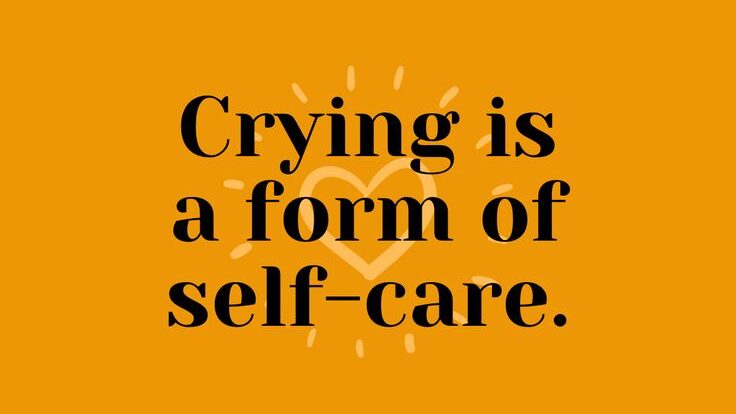

By embracing vulnerability and embracing our tears and that it is okay that sometimes things are not okay, we open ourselves up to the possibility of true healing and wholeness. Instead of seeing crying as a sign of weakness, we can reframe it as an act of courage and strength, a willingness to confront our deepest fears and vulnerabilities head-on.
In the end, remember this: when you don’t cry, other parts of you will weep. So, let yourself be vulnerable. Allow yourself to feel deeply and express your emotions freely, knowing that in doing so, you are honouring the truth of who you are and paving the way for a life filled with authenticity, connection, and joy. After all, as the poet Rumi once said, “The wound is the place where the Light enters you.”
Find out what Becca and her friends think on Men Crying, https://youtu.be/bPjAYBCAAnw?si=AnJNh8tb1z2ykonZ
Entertainment
Pregaming for Sherehe: Ultimate Guide to Start Your Night Right
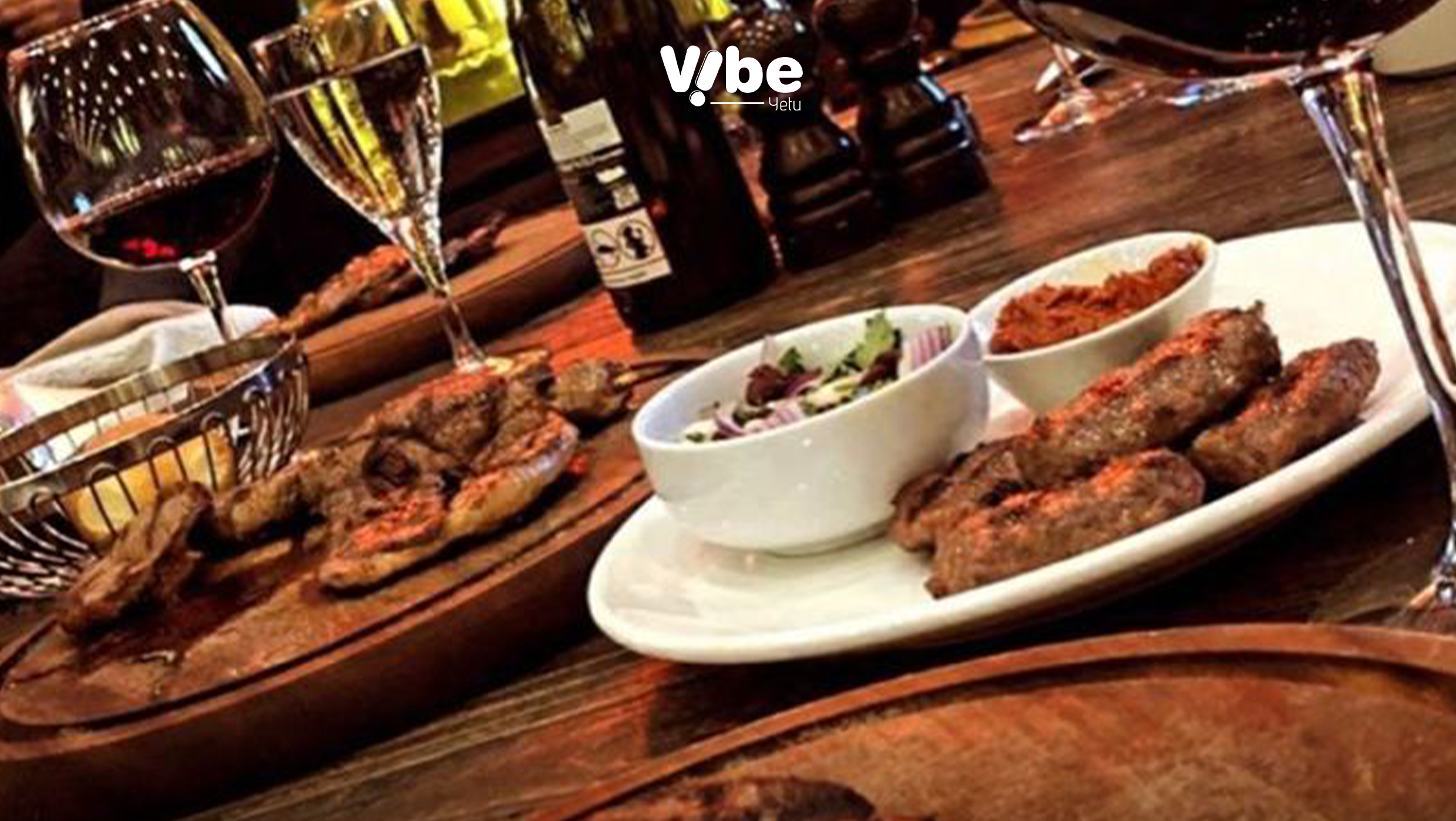

Pregaming done right is how you guarantee that’s going to be a good time. And no, pregaming isn’t just about the shots, there’s so much more you should be doing to ensure that you and your friends have an amazing time. Whether you’re a seasoned night owl or a first-timer looking to make the most out of your night, this guide’s got you covered. Sit tight as we dive into the art of pregaming done right!
Pregaming has its perks. It’s a chance to catch up with friends, save some cash by drinking at home, and create a game plan for the night. Plus, starting the party early means you’re already on a high note when you step out the door. And considering we Kenyans weren’t taught polite drinking, how do you ensure you’re not only surviving but thriving through the night? Let’s dig into the ultimate pregame plan;
Foundation
Before you dive into the night, let’s talk strategy—food strategy. With Kenyan parties known for their spirited drinking (because who knows what light drinking is, right?), lining your stomach is not just wise; it’s essential.
– Carbs are Your Best Friends: Think chapati, ugali, or your favorite pasta dish. These carbs are not just tasty; they’re your alcohol-absorbing superheroes, providing a slow-release energy source that keeps you going.
– Protein Packs a Punch: Grilled chicken, nyama choma, or lentil dishes are not only mouthwatering but also help slow the absorption of alcohol, keeping you in that happy buzz zone longer.
– Fruits and Veggies for the Win: Don’t underestimate the power of some good ol’ fruits and veggies. Avocados, bananas, and oranges are packed with potassium and vital nutrients to help keep those hangovers at bay.
– Hydration Heroes: Between bites, don’t forget to sip on some water or throw in coconut water to keep hydrated. It’s the secret weapon every Kenyan partygoer needs.
The Playlist to End All Playlists
With your foundation solidly laid, it’s time to dial up the vibes with a playlist that screams “sherehe ready”.
– Afrobeat to Start the Beat: Kick off with some Fela Kuti or Burna Boy to ease into the night with rhythms that resonate with the soul.
– Gengetone Grooves: No Kenyan pregame is complete without a dose of Gengetone. It’s raw, it’s real, and it gets everyone hyped.
– Bongo Flava for the Flavor: Add some Tanzanian love into the mix with hits from Diamond Platnumz or AliKiba, perfect for when the night starts to feel magical.
– Reggae to Mellow Out: As you edge closer to heading out, let some Bob Marley or Chronixx mellow the mood, ensuring everyone’s feeling irie and in tune.
Pre-Sherehe Games to Get the Party Started
Now, what’s a pregame without games? It’s the laughter, the camaraderie, and sometimes, the ridiculous competitiveness that sets the tone for an epic night.
– Kings: With a deck of cards and drinks at the ready, navigate the rules of Kings, where every draw brings a new challenge or a hearty laugh.
– Never Have I Ever: Perfect for uncovering secrets or just getting to know your friends on a whole new level, this game is a surefire way to spice things up.
– Beer Pong: It’s not just a game; it’s a pre-sherehe sport. Aim, throw, and let the friendly rivalry fuel the pregame excitement.
As the laughter echoes and the playlist winds down, you’re not just ready kupiga sherehe; you’re set to make the night legendary. With your belly full, your spirits high, and the bond with your crew stronger than ever, the night is yours to conquer. So, eat well, play hard, and let the music guide you to an unforgettable experience.
FAQs
1. What’s the best food to eat if you’re planning a night of heavy drinking? Carbs and proteins are your go-to. Think chapati, ugali, grilled chicken, or nyama choma.
2. Can water help you drink more? Yes! Staying hydrated helps mitigate hangover symptoms and can help you maintain a good balance throughout the night.
3. How do I make a playlist that everyone will enjoy? Mix it up with genres that resonate with your crowd. Afrobeat, Gengetone, Bongo Flava, and some Reggae can create a vibrant mix that keeps the energy up.
4. What are some simple pre-sherehe games? Kings, Never Have I Ever, and Beer Pong are classics that are easy to set up and guaranteed to entertain.
5. How do you ensure you don’t overdo it during the pregame? Eat well, stay hydrated, and pace yourself with the games. It’s all about enjoying the moment and making memories.
Have no plans this weekend? Worry not, VibeYetu has your back, check out IssaPlan for what is happening around Nairobi this weekend and where to be:
-



 A Chat With3 years ago
A Chat With3 years agoA MOMENT WITH SHARON WENDO, FOUNDER OF EPICA JEWELLERY
-



 A Chat With2 years ago
A Chat With2 years agoFind out why ‘mutura is not a street food’ as Wanjira Puts it!
-

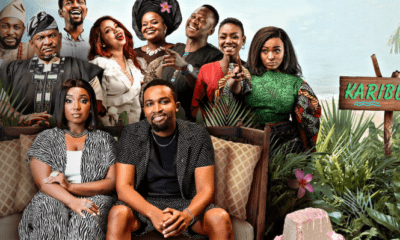

 Entertainment1 year ago
Entertainment1 year agoKenyan Movie Disconnect: The Wedding Planner Is Now Streaming On Netflix
-

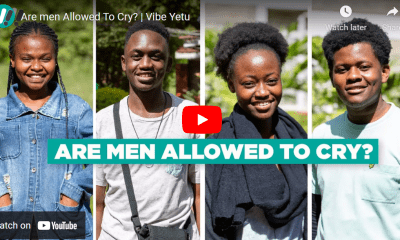

 A Chat With2 years ago
A Chat With2 years agoAre men allowed to cry?
-



 A Chat With2 years ago
A Chat With2 years agoA chat with one of the biggest female Djs right now, Dj Redbone
-



 A Chat With2 years ago
A Chat With2 years agoThey Hooked Up With Their First Serious Boyfriends
-



 Adulting 1012 years ago
Adulting 1012 years agoPersonal Branding (Part 1)
-

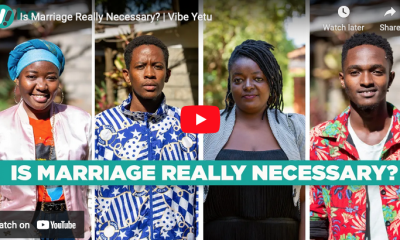

 A Chat With2 years ago
A Chat With2 years agoIs Marriage Really Necessary?



















